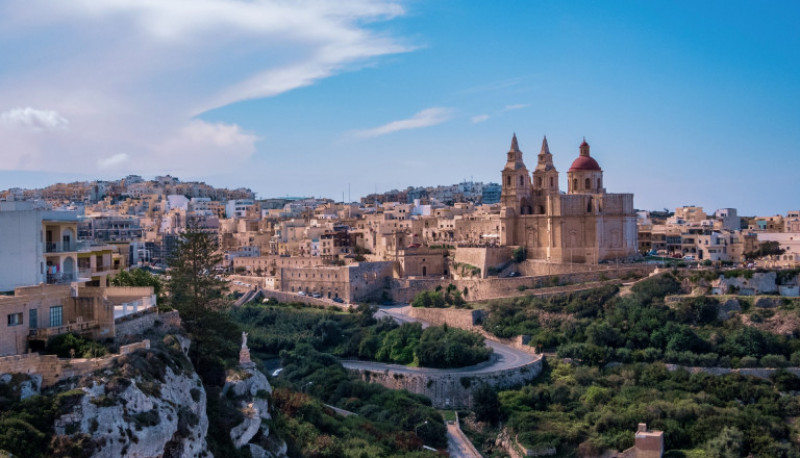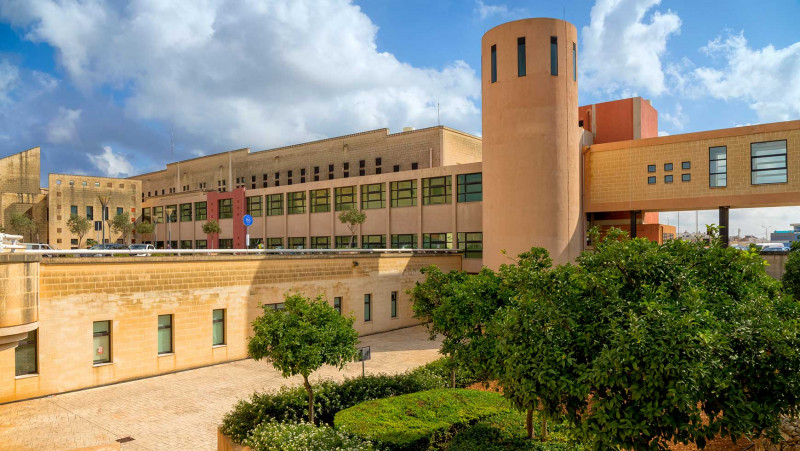
A Guide for Prospective Homebuyers
Taxes are an integral part of life but some countries have significant tax benefits and Malta is one of them. The tax system on Malta is known for its competitive and attractive tax rates, making it an appealing destination for both businesses and individuals.
If you're considering buying real estate in Malta, you're not only making a wise investment in a beautiful Mediterranean destination but also exploring the intricacies of the Maltese tax system. Malta's tax framework is famous for its favourable conditions and can significantly impact your property ownership experience.
Property Taxes in Malta
When it comes to property taxes, Malta is relatively straightforward. Property tax is typically charged annually and is based on the assessed value of the property. There is no tax on freehold properties in Malta. If you buy a property with ownership rights of third parties this is commonly referred to as the "Ground Rent" and can be quite nominal in most cases.
Stamp Duty
Malta's tax system is known for its relative simplicity and favourable conditions, making it an attractive destination for real estate investment. However, it's crucial to understand the nuances of the tax framework, as it can significantly affect your property ownership and financial planning.
The transfer of property to a new owner, effectively changing ownership, incurs a fixed stamp duty of 5%.
It is the purchaser of the property who is always responsible for covering this stamp duty. It is crucial to take into account this sum when budgeting and contemplating property purchase. Additionally, the onus falls on the buyer to guarantee the payment of the stipulated stamp duty to the government, as neglecting this responsibility may result in legal ramifications.
Stamp Duty Exemptions
- First-time buyers: If you're a first-time buyer and you purchase a property by the end of 2023, you won't have to pay any stamp duty on the first €200,000 of the property's price. This can save you up to €10,000, which is the standard 5% rate. To qualify as a first-time buyer, you must not have owned or acquired any property in Malta or Gozo before the date of the promise of sale agreement. You must also declare that you will use the property as your primary residence.
- Stamp Duty in the case of Causa Mortis property inheritance: When inheriting a property Causa Mortis, you typically pay a 5% duty based on the property's market value as of the date of death. However, if those inheriting the property already use it as their primary residence, a reduced rate of 3.5% applies to the first €175,000 of the property's value. Some exemptions apply when a spouse inherits their deceased spouse's share and already uses it as a primary residence. Children are also exempt when they inherit property from their parents and use it as their primary residence.
- Second-time buyers: If you're selling one property and buying another as your primary residence within 12 months, you can get a refund on the duty paid for the first €86,000 of the replacement property's value. This refund applies to properties bought between October 10, 2017, and December 31, 2023.
- Persons with disabilities: This exemption is applicable to properties bought between January 1, 2017, and December 31, 2023. If you are an individual registered on the Register of Persons with Disabilities, possess an official ID card issued by the Commission for the Right of a Person with a Disability, and receive assistance according to the law, you can get a refund on the duty paid for the first €150,000 of the replacement property's value. The same applies to guardians of such individuals residing in the same household who are registered and benefit from Disability Assistance or a Disabled Child Allowance according to the law.
Capital Gains Tax
Capital Gains Tax (CGT) may apply when you sell your property in Malta. The rate can vary depending on the duration of ownership. For properties held for less than five years, the CGT is 8%. For properties held for over five years, the tax is reduced to 5%. Keep in mind that CGT may not apply in certain cases, such as when selling your primary residence.
Rental Income Tax
If you intend to generate rental income from your property, Malta imposes a rental income tax. Rental income is generally subject to a progressive tax rate, which can range from 15% to 35%, depending on the amount of rental income earned. It's essential to keep accurate records and report your rental income to comply with Maltese tax regulations.
Residence and Domicile Rules
Malta has unique residence and domicile rules that can impact your tax obligations. For instance, becoming a resident or a domiciled taxpayer in Malta can provide you with various tax benefits. It's advisable to seek legal or tax advice to determine the most suitable tax status for your situation.
For more information on Malta's real estate market and to explore our available property listings, please don't hesitate to contact us. We're here to help you make your real estate dreams in Malta a reality while optimising your tax strategies.







 Back to news
Back to news






